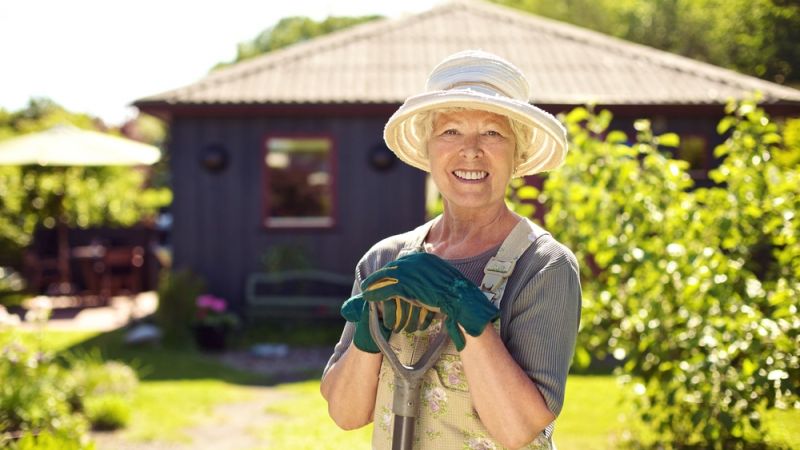Although summer isn’t officially here yet, it certainly feels like it in most parts of the country. The Environmental Protection Agency (EPA) notes that the UV Index gets so strong in June and July, they recommend limiting sun exposure between 10am and 4pm. And the World Health Organization (WHO), recognizes that the “rise in the incidence of skin cancers over the past decades is strongly related to increasingly popular outdoor activities and recreational exposure.” This makes sun protection of utmost importance during summer months.
Skin Cancer and Sun Protection for Seniors
Studies have shown that skin cancer is on the rise amongst seniors, due, in part, to changes in lifestyle. Seniors today are more active than ever, engaging in more outdoor recreational activities and generally experiencing more regular exposure to the sun. While this is encouraging in terms of aging, it also means that seniors are more susceptible to developing skin cancer on their face, head, neck, chest and legs. Seniors might be less inclined to wear sunscreen everyday, but sunburns have been linked to an increase in the threat of melanoma and other types of skin cancers.
And skin cancer can be fatal; an estimated 7,230 people will die as a result of melanoma in 2019. Data has shown that the vast majority of melanoma cases are caused by too much time in the sun. One study out of the United Kingdom “found that about 86 percent of melanomas can be attributed to exposure to ultraviolet (UV) radiation from the sun.” This makes it vital to practice proper sun protection during summer months in order to help prevent skin cancer.
Summer Skin Care Tips
The most important thing you can do to prevent skin cancer is to take sensible steps to practice proper sun protection. The WHO recommends the following summer skin care tips to help keep your skin healthy:
-
Avoid the sun during midday hours. The sun is typically strongest between the hours of 10a.m. and 4p.m., which means you have the best chance of being burned by the sun. If you have to be out during the day, plan ahead in order to minimize the amount of time you have to spend outdoors in the sun during peak hours.
-
Pay attention to the UV index. As we mentioned above, the UV index can move into dangerous territory during summer months. You can download apps to a smartphone or tablet, like Ultraviolet, or UV Index Now, to get a daily update about the strength of the sun during the summer months (and beyond).
-
Use sunscreen daily. Wearing broad spectrum sunscreen with SPF 15 or higher every day is one of the best methods of sun protection that you can put into practice. Get into the habit of applying sunscreen in the morning and then reapplying it every 2 hours, and after swimming, or sweating outdoors.
-
Don’t be fooled by the shade. When the sun is so strong it has you retreating to find patches of shade, don’t think that you are immune from the sun’s rays. Shade from buildings, trees, and canopies doesn’t provide complete sun protection, which leaves you vulnerable to harmful UV rays. If you really want to escape the sun, go indoors for a bit--it’s also a great opportunity to reapply your sunscreen!
-
Wear clothing that promotes sun protection. Although the hot summer sun makes you want to shed layers, putting on protective sun gear, like a hat with a wide brim or visor, and sunglasses, can help prevent the development of skin cancer on your face, scalp and neck.
These summer skin care tips aren’t foolproof for preventing skin cancer, but they can greatly reduce your risk of developing a deadly melanoma.
Year-Round Protection
The summer might bring with it a specific set of challenges for older adults, like skin cancer, dehydration, and sun stroke, but fall accidents and medical emergencies can happen year-round. A mobile medical alert device can keep you connected to help, no matter the season, no matter the location. After all, you’re better safe than sorry.

